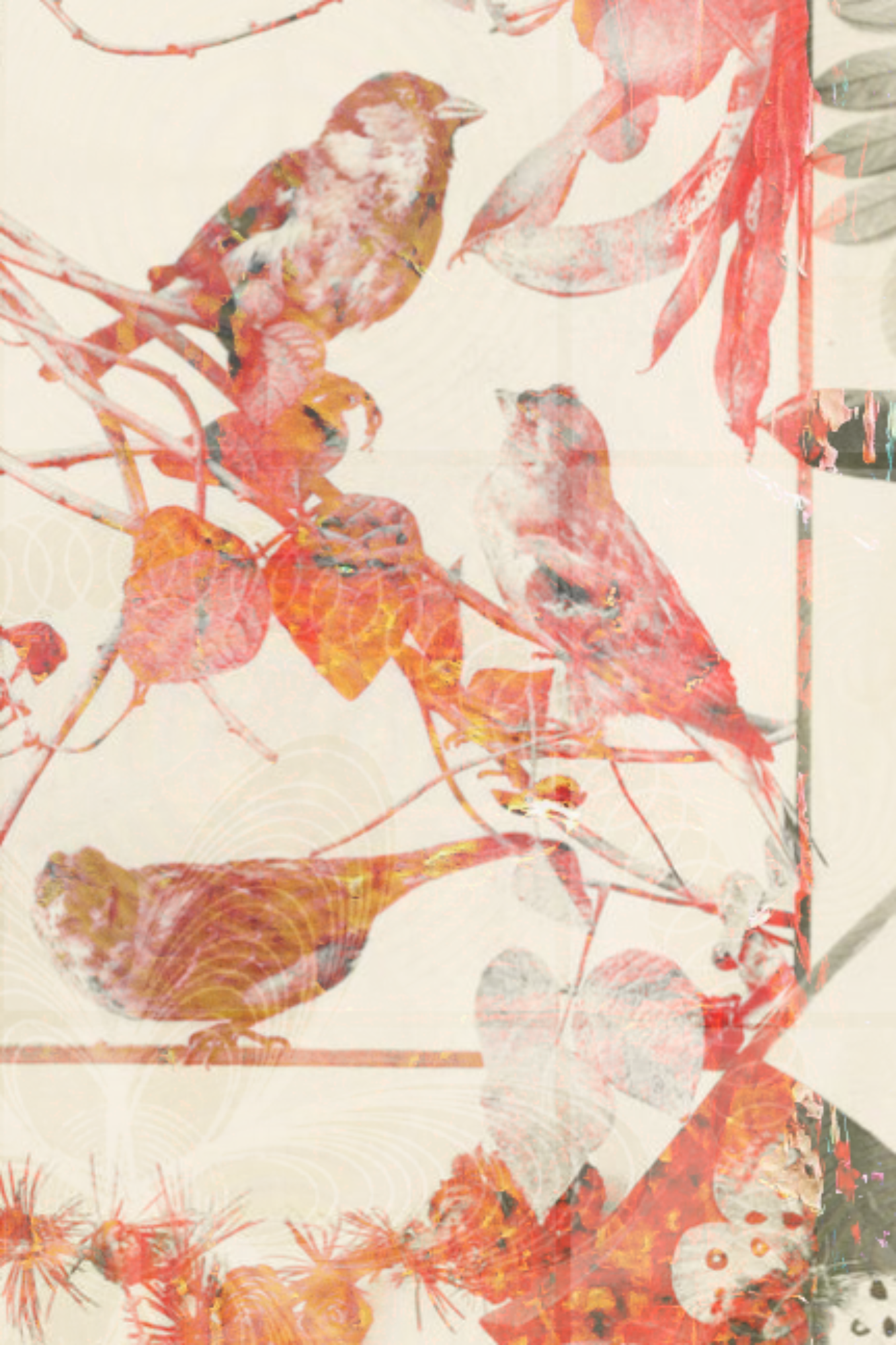Sunlit days bring no joy for Jeffrey, who hurriedly and carefully ties his scuffed shoes with the thinning laces. The apartment was cold last night and he wants to dress quickly. He looks down at his shoes once again.
His mother has expressed some degree of relief that his feet don’t seem to be growing like other children’s. Shoes are expensive. Now, he stands up unsteadily in the shoes. The soles tip him forward like rocker rungs from too many half-soled repairs. It saves money. Another day lies ahead of him.
The morning in class is uneventful. Jeffrey was called to the board once to diagram a sentence and he did it well. But he knows something awaits him in the school lunchroom.
After class, head down, he makes the short walk down the green-walled corridor to the old iron staircase, occasionally slipping on his rocker-soled shoes, and begins to feel a change in his heartbeat and a steady rise in a temple pain.
Once in the smelly, overheated lunchroom, Jeffrey lingers at the tail end of the line, his empty tray in hand. He knows it will remain empty.. His eyes widen in anticipation. Softly, he urges his classmates to pass ahead.
The final student receives their meal. Jeffrey approaches the steam table. The absence of a lunch ticket is turning the air thick with uncertainty. Having pushed the tray along the metal shelf toward the two women manning the steam table, he jingles in his pocket three nickels he received from returning deposit bottles. But it’s not enough. He knows it.
Behind the counter, the white-uniformed women engage in an intense exchange, their faces revealing a decidedly different nuanced dance; one compassionate, the other firmly adhering to the rules.
The smiling woman motions to provide the boy with a free lunch. Her eyes, like windows into a generous soul, have a sparkling glow. The other woman, a stern figure, arms akimbo, stands firm, insisting on payment.
The women’s voices, now a less-than-delicate symphony of discord, rise above the ambient student chatter. The first woman, her face now an effortful display of frustration, brings forth a poignant reminder—a past act of kindness, a loan given in a moment of shared humanity.
“If I hadn’t given you that gas money, would you be at work today or wondering if you’d have a job tomorrow? How many lottery tickets did you buy, anyway?”
The question lingers in the air.
Jeffrey, a passive observer turned unwitting participant, stands at the epicenter of this human drama. The lunchroom, once alive with the hum of youthful banter, stops, as though a heavy curtain has fallen into an uneasy silence as students turn to watch.
Amid the tense tableau, a resolution. The second woman, her heart responding to the weight of memories and a selfish need for future acts of kindness, nods in reluctant acknowledgment. A gesture, a silent agreement, and the boy moves forward, his tray now a vessel for shared sustenance without a lunch ticket.
Seated at a table, he exchanges a fleeting but knowing glance at the woman who had championed his cause. The lunchroom, once fractured, gradually returns to the shared experience of lunchtime. A sense of unity restored.
But tomorrow will bring another shoe-rocking trip to the lunchroom with perhaps a few more nickels in his pocket after a hunt in the empty lots near his home. Today, after school, his shoes will pick up more scrapes as he scours the neighborhood for the all-important beer bottles. When returned, these garner a nickel each. Two more bottles and he’ll pay for lunch. He knows where to look.
P. A. Farrell is a psychologist and published author with McGraw-Hill, Springer Publishing, Cafe Lit, Ravens Perch, Humans of the World, and Scarlet Leaf Review, writes for Medium.com, and has published self-help books. She lives on the East Coast of the US.

